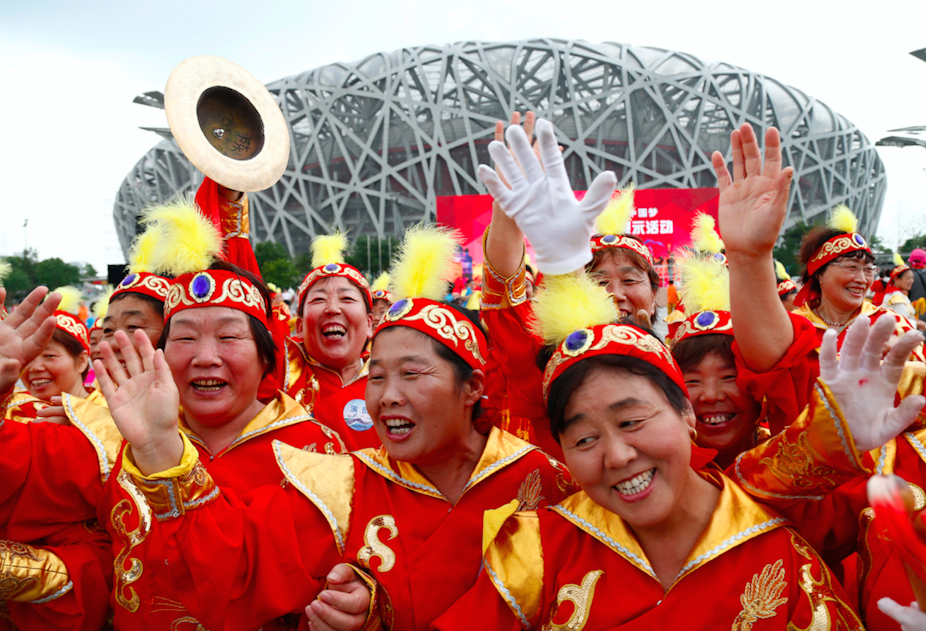Just 14 years after Beiing hosted the Summer Olympic Games, we now know it will host the 2022 Winter Olympics – becoming the first city to host both olympiads. Beijing was one of only two cities left in the race to stage these games after a number of other potential venues withdrew their bids for various reasons, including high costs, political unrest and security concerns. Few expected the rival bid from Almaty, Kazakhstan to get the nod, but Beijing only narrowly achieved victory: a 44-40 split in a two-horse race that represented a “human rights nightmare” for the International Olympic Committee (IOC).
In an age when a city that gets little snow can host the Winter Olympics, and the football World Cup will take place that same year in record high temperatures in Qatar, the IOC insisted on using an old-school paper ballot for its latest vote. The committee did not feel comfortable with the integrity of holding the vote electronically.
When a city or nation bids for a global event, the focus will inevitably turn to issues far bigger and more important than just sport. This was the case ahead of Sochi 2014, and is evident in the build-up to Rio 2016. There will be many questions asked about whether Beijing will deliver for 2022. Yet these events always take place on time and generally without any major hiccoughs despite the media speculation that surrounds them.
Under the carpet
Meanwhile there has of course been much controversy surrounding the Beijing bid. Observers expressed concerns that the city did not deliver on many of the things that had been promised ahead of hosting the 2008 Summer Olympics. Yet in fairness to Beijing the vast majority of such events are conceived, developed and sold on a shaky platform of under-estimated costs and over-estimated benefits, so the Chinese capital is not at all unusual in this respect.
As for human rights, it has become almost trite to point out that the actual location of mega-events matters less and less now. You only have to look at the widely documented human rights issues present in many of the nations chosen to host them – not only Russia and China, but Qatar and most recently Azerbaijan hosting the inaugural European Games.
Mega-events are increasingly commercialised and commodified, sanitised and securitised, so that the credentials on the ticket and/or official pass dictate just where and what you see. To borrow from John Lennon, while many supporters will clap and cheer on the competitors, a large number of others will just rattle their jewellery without caring who the host is.

The decision several days ago by Boston in the US to pull out of the running to host the 2024 Summer Olympic Games, and the ongoing controversies surrounding FIFA and the men’s football World Cup, has inevitably led to commentary that we may be witnessing the end of the worst excesses of global sport governance and the Olympics as we now know them.
In reality, the Olympics has always been reinvented, reshaped and remade. For those involved in the Beijing bid, this will be a time of great celebration and a step forward in planning for a spectacular event in seven years’ time. For the rest of the world, for better or worse, the show of international mega-events will as always go on.

